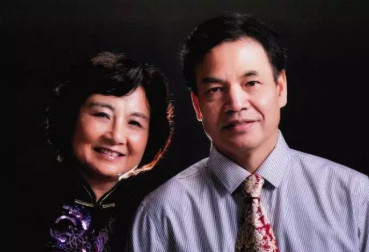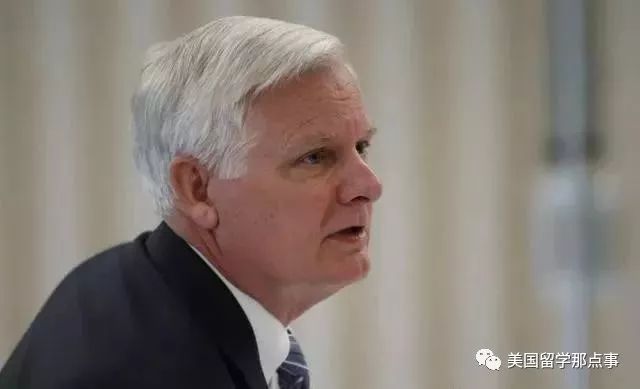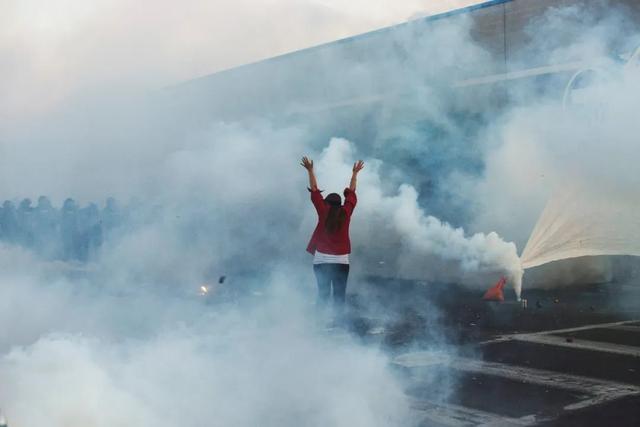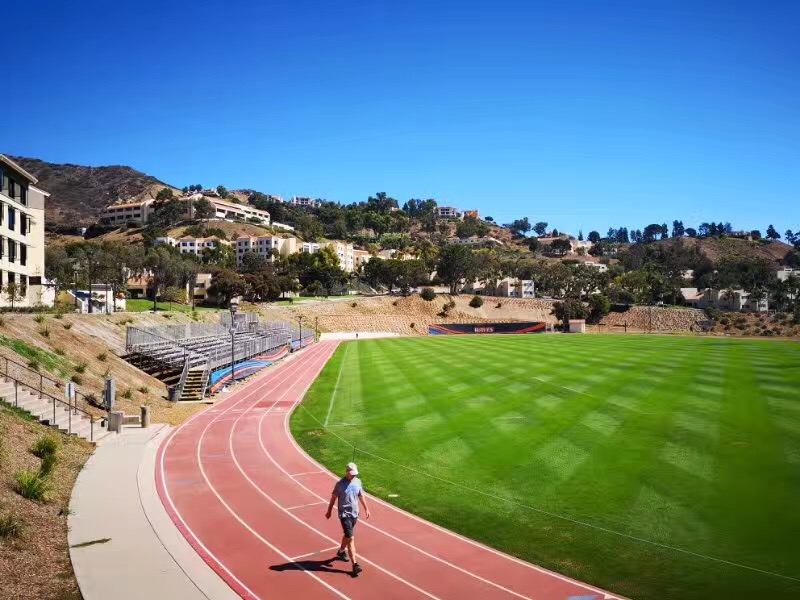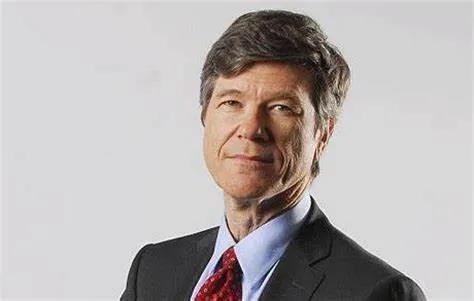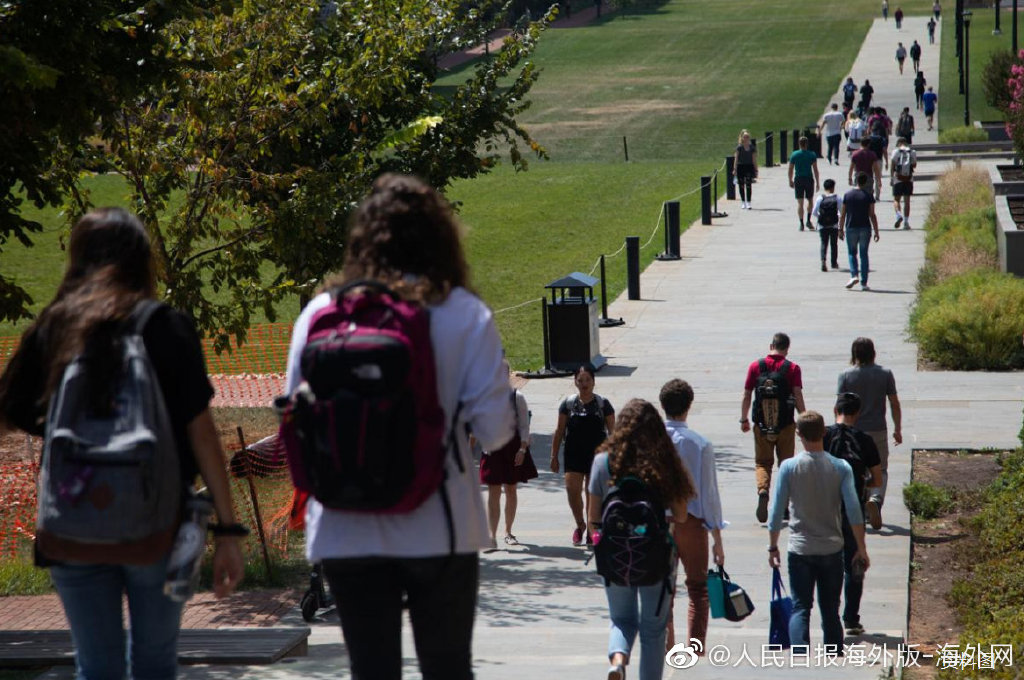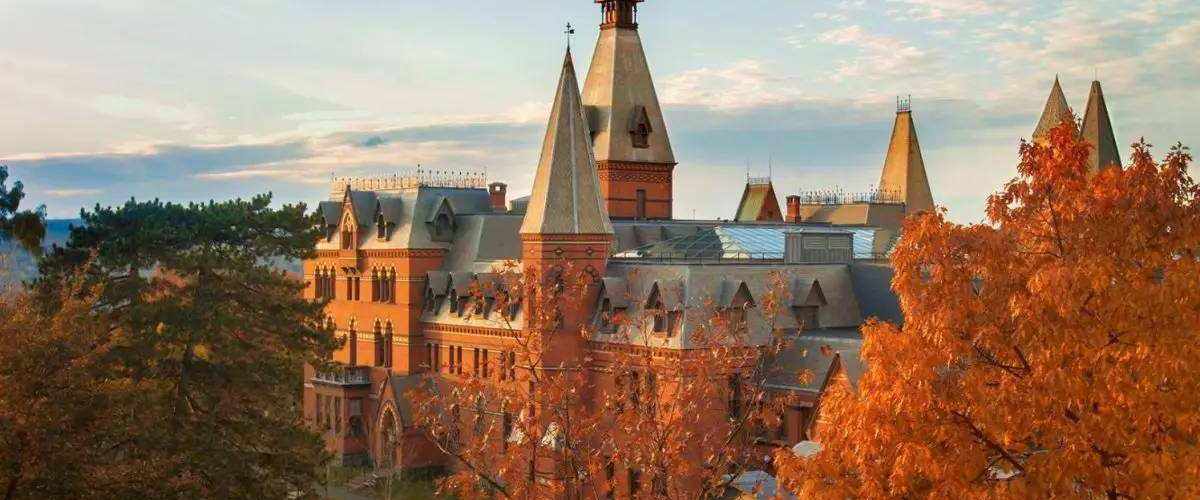The voice of the American Revolution, and our first great radical.
他发出了美国革命的声音,他也是第一个伟大的激进分子。
Andrew Jackson (March 15, 1767 – June 8, 1845) was the seventh President of the United States (1829–1837). He was military governor of Florida (1821), commander of the American forces at the Battle of New Orleans (1815), and eponym of the era of Jacksonian democracy. A polarizing figure who dominated American politics in the 1820s and 1830s, his political ambition combined with widening political participation, shaping the modern Democratic Party.
His legacy is now seen as mixed, as a protector of popular democracy and individual liberty for white men, checkered by his support for slavery and Indian removal. Renowned for his toughness, he was nicknamed "Old Hickory". As he based his career in developing Tennessee, Jackson was the first president primarily associated with the American frontier.
Military career
Jackson was appointed commander of the Tennessee militia in 1801, with the rank of colonel.
During the War of 1812, Tecumseh incited the "Red Stick" Creek Indians of northern Alabama and Georgia to attack white settlements. Four hundred settlers were killed in the Fort Mims Massacre. In the resulting Creek War, Jackson commanded the American forces, which included Tennessee militia, U.S. regulars, and Cherokee, Choctaw, and Southern Creek Indians.
Jackson defeated the Red Stick Creeks at the Battle of Horseshoe Bend in 1814. Eight hundred "Red Sticks" were killed, but Jackson spared chief William Weatherford. Sam Houston and David Crockett served under Jackson in this campaign. After the victory, Jackson imposed the Treaty of Fort Jackson upon both the Northern Creek enemies and the Southern Creek allies, wresting twenty-million acres (81,000 km²) from all Creeks for white settlement. Jackson was appointed Major General after this action.
Jackson"s service in the War of 1812 against the United Kingdom was conspicuous for bravery and success. When British forces threatened New Orleans, Jackson took command of the defenses, including militia from several western states and territories. He was a strict officer but was popular with his troops. It was said he was "tough as old hickory" wood on the battlefield, which gave him his nickname. In the Battle of New Orleans on January 8, 1815, Jackson"s 5,000 soldiers won a victory over 7,500 British. At the end of the day, the British had 2,037 casualties: 291 dead (including three senior generals), 1,262 wounded, and 484 captured or missing. The Americans had 71 casualties: 13 dead, 39 wounded, and 19 missing.
The war, and especially this victory, made Jackson a national hero. He received the Thanks of Congress and a gold medal by resolution of February 27, 1815. Alexis de Tocqueville later commented in Democracy in America that Jackson "...was raised to the Presidency, and has been maintained there, solely by the recollection of a victory which he gained, twenty years ago, under the walls of New Orleans."
Presidency 1829–1837
Federal debt
In 1835, Jackson managed to reduce the federal debt to only $33,733.05, the lowest it had been since the first fiscal year of 1791. President Jackson is the only president in United States history to have paid off the national debt. However, this accomplishment was short lived. A severe depression from 1837 to 1844 caused a tenfold increase in national debt within its first year.
Electoral College
Jackson repeatedly called for the abolition of the Electoral College by constitutional amendment in his annual messages to Congress as President.In his third annual message to Congress, he expressed the view "I have heretofore recommended amendments of the Federal Constitution giving the election of President and Vice-President to the people and limiting the service of the former to a single term. So important do I consider these changes in our fundamental law that I can not, in accordance with my sense of duty, omit to press them upon the consideration of a new Congress." The institution remains to the present day.
Spoils system
When Jackson became President, he implemented the theory of rotation in office, declaring it "a leading principle in the republican creed."He believed that rotation in office would prevent the development of a corrupt bureaucracy. To strengthen party loyalty, Jackson"s supporters wanted to give the posts to party members. In practice, this meant replacing federal employees with friends or party loyalists.However, the effect was not as drastic as expected or portrayed. By the end of his term, Jackson dismissed less than twenty percent of the Federal employees at the start of it. While Jackson did not start the "spoils system," he did indirectly encourage its growth for many years to come.
Attack and assassination attempt
Richard Lawrence"s attempt on Jackson"s life, as depicted in an 1835 etching.The first attempt to do bodily harm to a President was against Jackson. Jackson ordered the dismissal of Robert B. Randolph from the Navy for embezzlement. On May 6, 1833, Jackson sailed on USS Cygnet to Fredericksburg, Virginia, where he was to lay the cornerstone on a monument near the grave of Mary Ball Washington, George Washington"s mother. During a stopover near Alexandria, Virginia, Randolph appeared and struck the President. He then fled the scene with several members of Jackson"s party chasing him, including the well known writer Washington Irving. Jackson decided not to press charges.
On January 30, 1835, what is believed to be the first attempt to kill a sitting President of the United States occurred just outside the United States Capitol. When Jackson was leaving the Capitol out of the East Portico after the funeral of South Carolina Representative Warren R. Davis, Richard Lawrence, an unemployed and deranged housepainter from England, either burst from a crowd or stepped out from hiding behind a column and aimed a pistol at Jackson, which misfired. Lawrence then pulled out a second pistol, which also misfired. It has been postulated that moisture from the humid weather contributed to the double misfiring. Lawrence was then restrained, with legend saying that Jackson attacked Lawrence with his cane, prompting his aides to restrain him. Others present, including David Crockett, restrained and disarmed Lawrence.
Richard Lawrence gave the doctors several reasons for the shooting. He had recently lost his job painting houses and somehow blamed Jackson. He claimed that with the President dead, "money would be more plenty" (a reference to Jackson"s struggle with the Bank of the United States) and that he "could not rise until the President fell." Finally, he informed his interrogators that he was a deposed English King—specifically, Richard III, dead since 1485—and that Jackson was merely his clerk. He was deemed insane, institutionalized, and never punished for his assassination attempt.
Afterward, due to curiosity concerning the double misfires, the pistols were tested and retested. Each time they performed perfectly. When these results were known, many believed that Jackson had been protected by the same Providence that had protected the young nation. This national pride was a large part of the Jacksonian cultural myth fueling American expansion in the 1830s.
